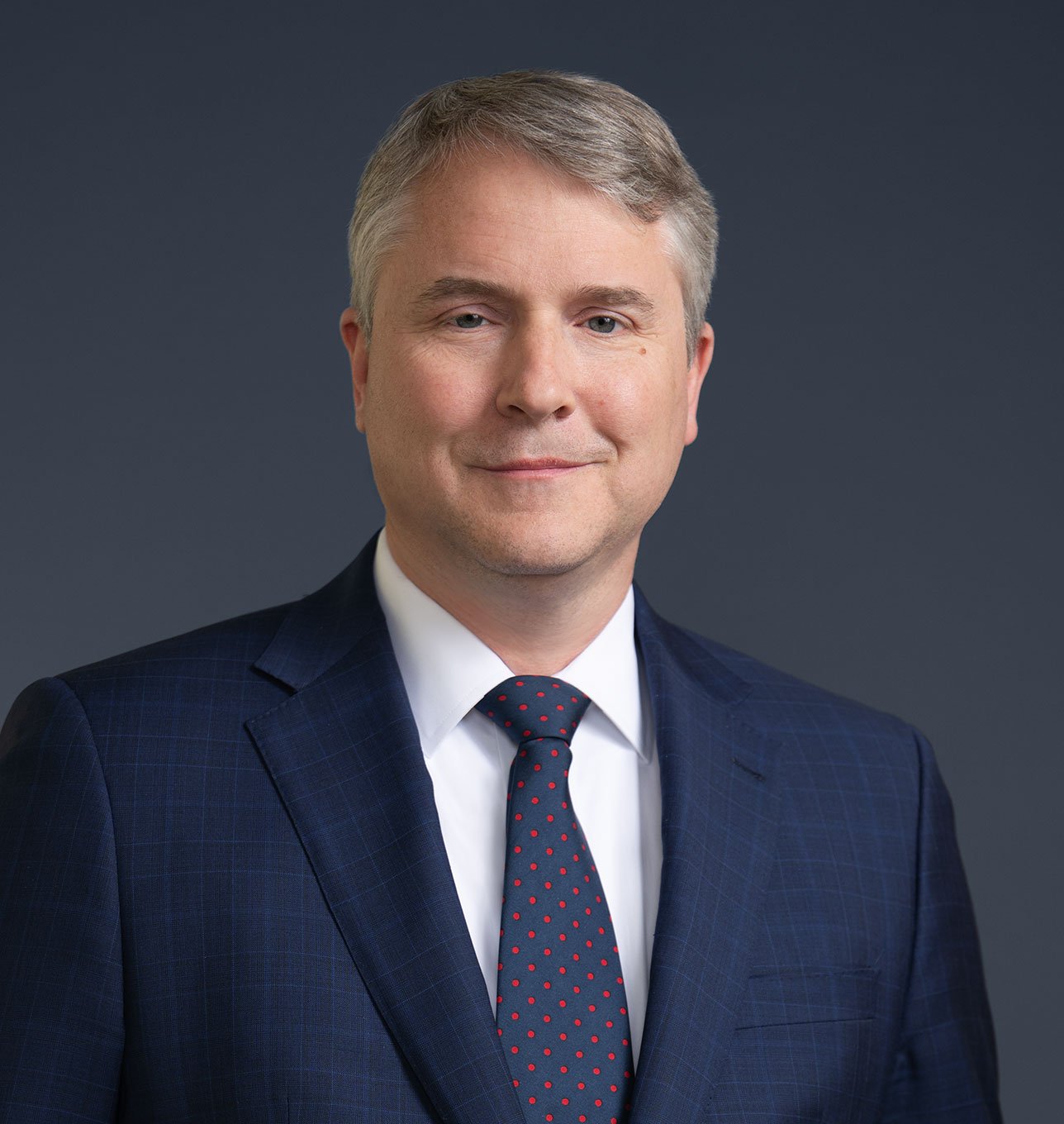US Congress Holds Hearings on Future of Digital Asset Regulation
During the weeks of February 7 and 14, the Biden administration and industry representatives testified before Congress at several hearings on the future of digital asset regulation. The hearings demonstrate not only the increasing interest in Congress in passing legislation to establish a regulatory framework for digital assets but also the lack of agreement on the right approach. The hearings also demonstrate that US regulation of digital assets is quickly evolving and needs to be carefully monitored by any participants in digital asset markets.
Under Secretary of the Treasury for Domestic Finance Nellie Liang appeared before the House Financial Services Committee on February 8 and the Senate Banking, Housing, and Urban Affairs Committee on February 15. On both occasions, her testimony focused on the President’s Working Group on Financial Markets’ (“PWG”) Report on Stablecoins.1 Chairman of the Commodity Futures Trading Commission (“CFTC”) Rostin Behnam appeared before the Senate Agriculture Committee to discuss regulation of digital assets more broadly. Private sector and academic representatives, including Sandra Ro, chief executive officer of the Global Blockchain Business Council – USA; Samuel Bankman-Fried, founder and chief executive officer of FTX-US; Perianne Boring, founder and chief executive officer of the Chamber of Digital Commerce; and Kevin Werbach, professor at the University of Pennsylvania’s Wharton School, followed Chairman Behnam at the Senate Agriculture Committee hearing.
During the House Financial Services Committee hearing on the PWG Report on Stablecoins, committee members revealed bipartisan support for the report’s recommendation for new legislation to regulate stablecoins. Ranking Member Patrick McHenry (R-NC) openly called for the committee to take the lead on regulating stablecoins in the House of Representatives. However, he was concerned about the PWG Report’s recommendation to only allow stablecoins to be issued through insured depository institutions (“IDIs”), saying that the regulatory burden imposed on IDIs would needlessly burden stablecoin issuers, particularly those that provide coins backed by stable reserves, such as cash. Though more Republicans raised this issue than Democrats, it was a bipartisan concern, with several Democratic members joining Republicans to express discomfort with this regulatory framework. Under Secretary Liang responded to these questions by highlighting the flexibility within the existing IDI regulatory framework, saying that, if a stablecoin is backed by reliable reserves such as cash or cash equivalents, it would be subject to a reduced regulatory burden compared to a stablecoin backed with more volatile assets. She added that the IDI regulatory framework could adequately address the payment and prudential risks associated with stablecoins, while other monitoring regimes, including the state-based one in place now, could not adequately address such risks.
During the Senate Banking Committee’s hearing with Under Secretary Liang, Democratic senators were more concerned about the risks of stablecoins and digital assets more generally, particularly the risks of runs on stablecoins and the use of stablecoins in illicit transactions. Some Democrats, most notably Elizabeth Warren (D-MA), urged Under Secretary Liang to direct the Financial Stability Oversight Council (“FSOC”) to regulate stablecoins in advance of congressional action on the issue, since, according to Senator Warren, the FSOC has the authority to regulate emerging risks to the financial system before they become systemic. Under Secretary Liang did not commit to any regulatory action on stablecoins through the FSOC or anticipate a timeline for this potential FSOC regulation, noting that the FSOC is still analyzing stablecoins’ potential threat to the financial system and its position can change rapidly. Under Secretary Liang did state that she was willing to let the FSOC regulate ahead of congressional legislation if the situation warranted it. Republican senators on the Banking Committee, much like Republicans on the House Financial Services Committee, were concerned about the PWG recommendations to regulate stablecoin issuers as IDIs. Under Secretary Liang again highlighted the flexibility in the IDI regulatory framework in response to these questions.
The Senate Agriculture Committee’s hearing on digital assets more generally focused on the regulatory gaps in digital asset spot markets. Chairman Behnam testified that the CFTC does not currently have the authority to regulate digital asset cash commodity markets directly. However, he welcomed new legislation that would provide the CFTC with authority to directly regulate digital asset spot markets. He argued that the CFTC is best suited to regulate these markets since it already has some familiarity with how they work through its monitoring and enforcement actions for fraud in these markets. He clarified that this expanded regulatory role would be limited to digital asset spot markets, not other commodity spot markets. Though some senators asked Chairman Behnam if a separate digital asset regulatory body was necessary, Chairman Behnam did not think this was needed, instead advocating for a framework that defines the varied digital asset types into current financial products (i.e., securities and commodities) and having the regulatory bodies with experience in those financial products regulate the digital version of those products. The private sector representatives largely agreed with this proposal, advocating for a larger CFTC role in digital asset spot markets and for more regulatory clarity in general so that digital asset issuers and traders can confidently trade in the US market without fear of breaking a new rule or law.
1 For more information on the PWG Report on Stablecoins, please refer to Mayer Brown’s previous Legal Update on the issue: https://www.mayerbrown.com/en/perspectives-events/publications/2021/11/us-financial-regulators-release-muchanticipated-report-on-stablecoins.


